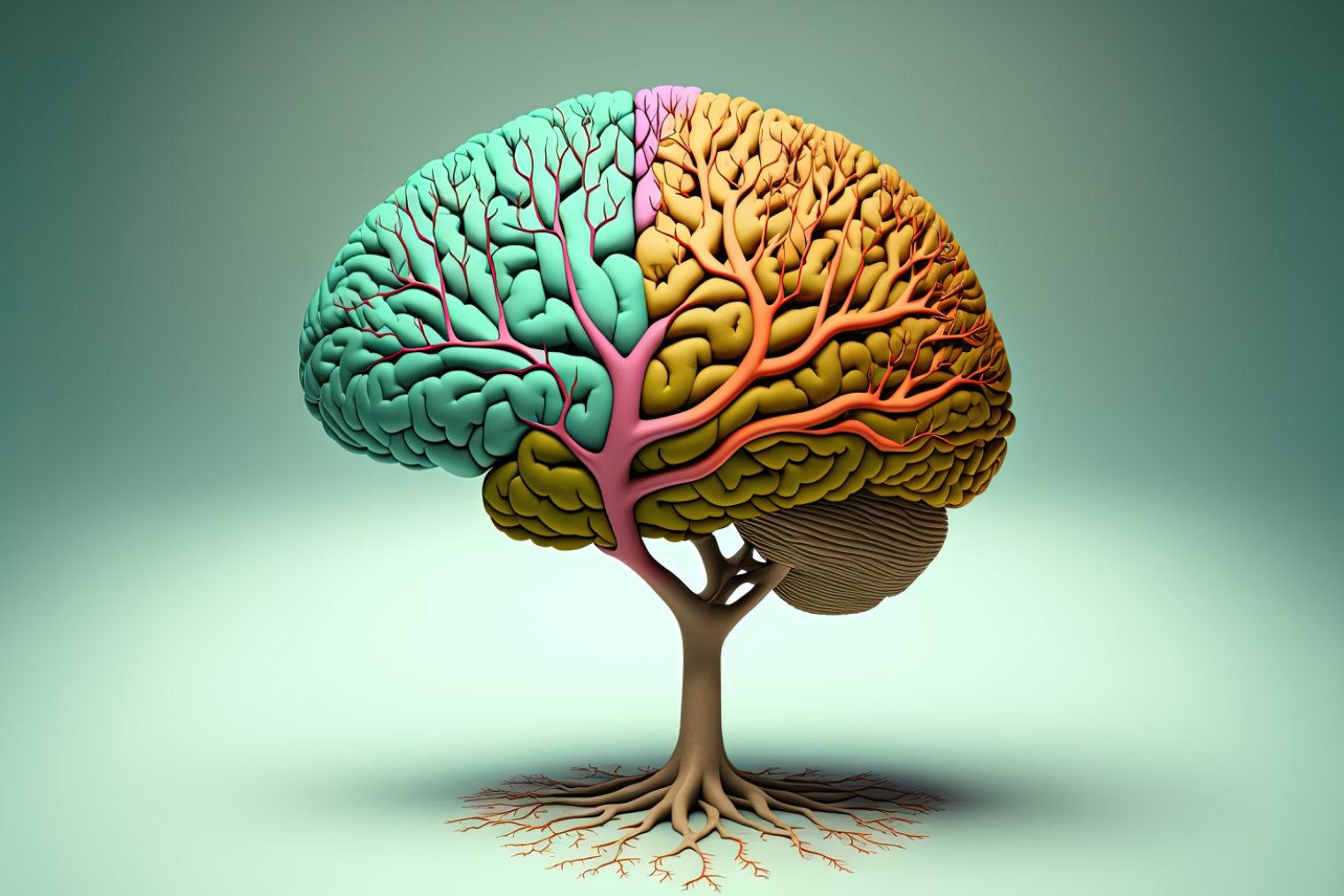Living a typical, healthy, and satisfying life requires maintaining good mental and physical health. Regrettably, most people struggle with mental health disorders, which affect their emotions, behaviors, and thoughts. Everyone must take care of their minds, whether coping with serious mental health issues or attempting to preserve their mental health in a mysterious and uncertain world. We will examine why it’s such a crucial subject and provide some tried-and-true techniques for assisting you in caring for your mental health.
What is mental health?
Let’s start with a definition of mental health. Mental health is an individual’s emotional, psychological, and social well-being. The World Health Organization also describes it as “a condition of well-being in which the individual realizes their abilities, can cope with the typical stresses of life, can work successfully and fruitfully, and can contribute to their community.”
How can we take care of our mental health?
We’ve selected some of the most effective and approachable ways to care for your mental health in the world so that it becomes more than simply a topic for discussion. Not merely something we discuss.
Seek help whenever it’s needed.
You must first ask for help when you need it to take care of your mental health. Getting aid when required, whether from a loved one or a medical expert, is a crucial action.
Fuel your body.
Your physical and emotional well-being are inextricably linked. Your physical body requires appropriate nourishment, and both your body and mind benefit from proper nutrition. Your mental and nutritional well-being are interconnected, so pay attention to how your body feels and what it tells you.
Stay physically active.
Being active is beneficial for more than just your physical fitness and health. There is evidence that it can also enhance your mental well-being by:
• enhancing your self-esteem
• assisting you in setting and achieving objectives or challenges
• producing alterations in brain chemistry that can assist in elevating your mood
Manage stress.
Although stress is unavoidable, knowing your triggers and how to prevent or deal with them can help you manage stress healthily. Better coping strategies can be developed with the assistance of a therapist. Rather than letting everything overwhelm you, try establishing a list of your concerns and obligations and taking them on one at a time. There is always a temptation to flee from your issues when they get too big. Try confronting the problems head-on and, if necessary, seek professional assistance instead of choosing another route.
Speak to a trusted person.
Talking to a trusted person, such as a friend, family member, or work colleague, can be beneficial. You would feel better if you freely discuss what you are going through with someone who cares about you. You can use a video, phone, or messaging app to stay in touch with your loved ones if you live far away.
Be kind to yourself.
It can occasionally be difficult to take time out for oneself in the busyness of modern life. However, making time for self-care can assist in improving your mood by lowering stress and anxiety levels.
These suggestions are a good place to start, but if you need mental health help, seek counseling. It’s never a sign of weakness to ask for assistance. Also, it’s crucial to keep in mind that treatment works. Individuals who receive the right care can overcome their mental illnesses and lead fulfilling lives. With these helpful tips, you can make changes that will strengthen your emotional stability and resilience.
Make your mental health a top priority now, rather than waiting until you face a crisis!






